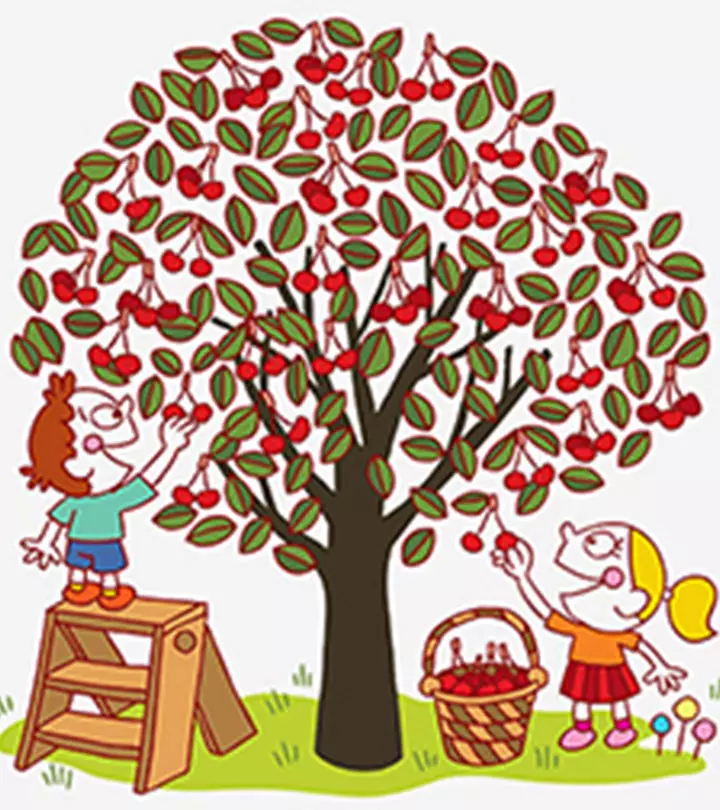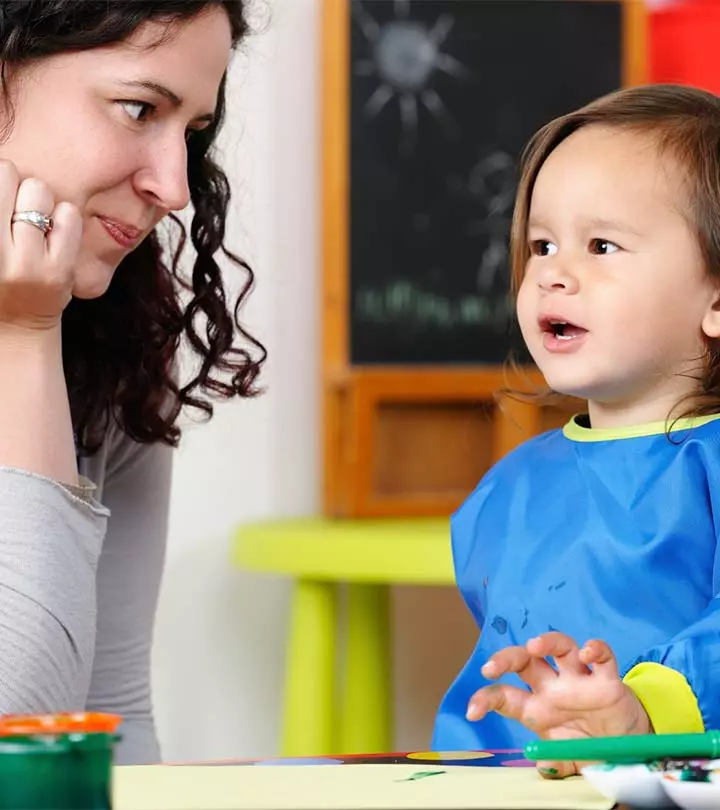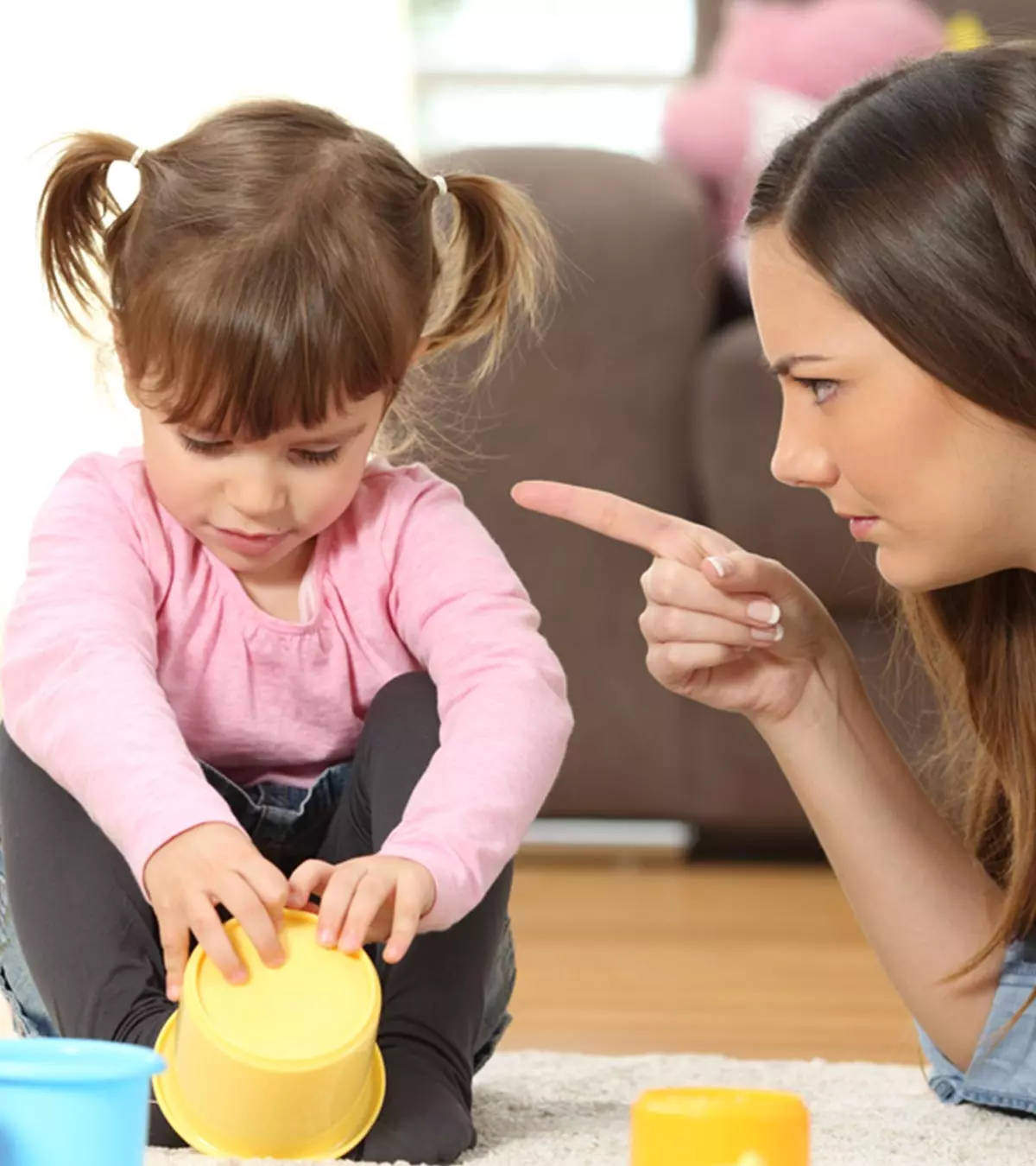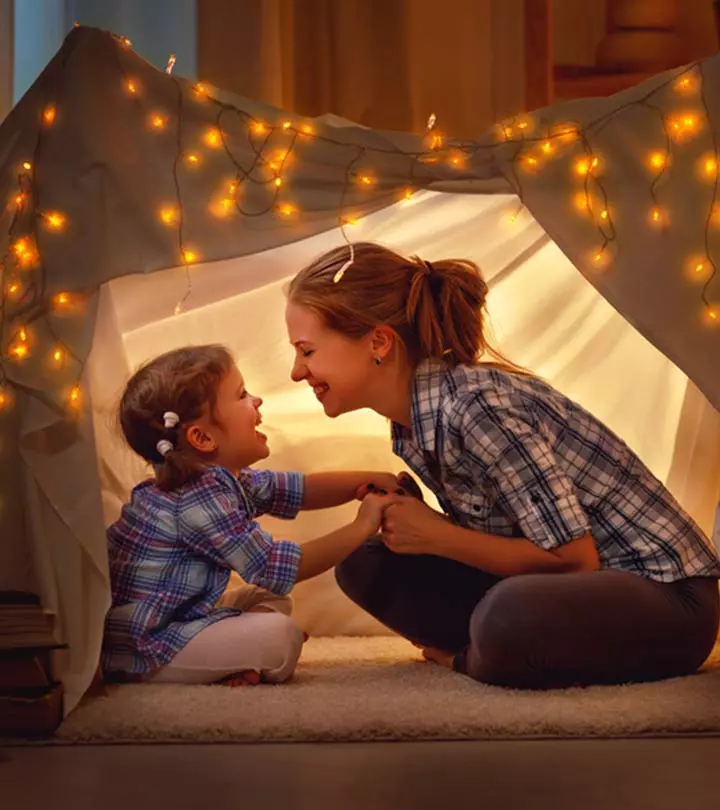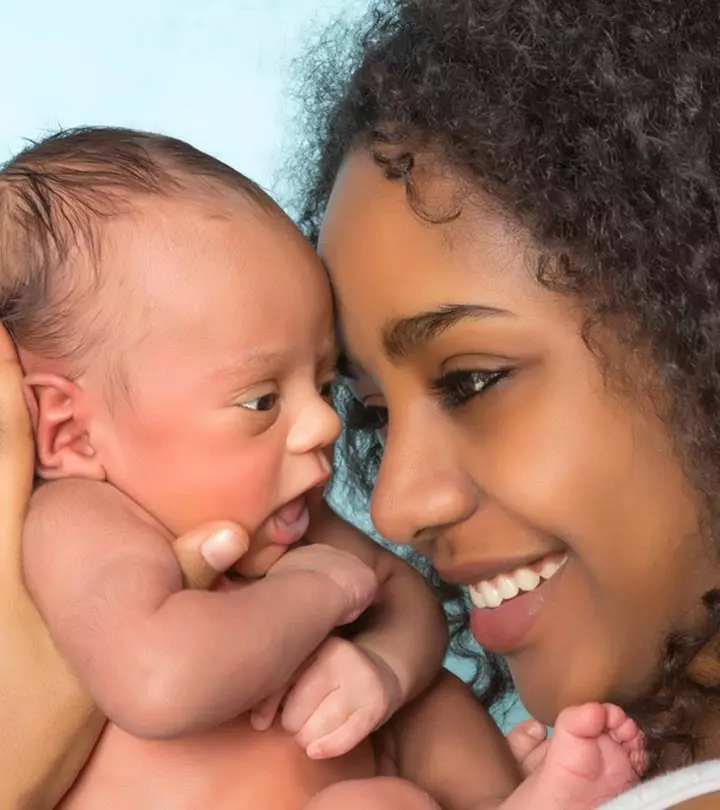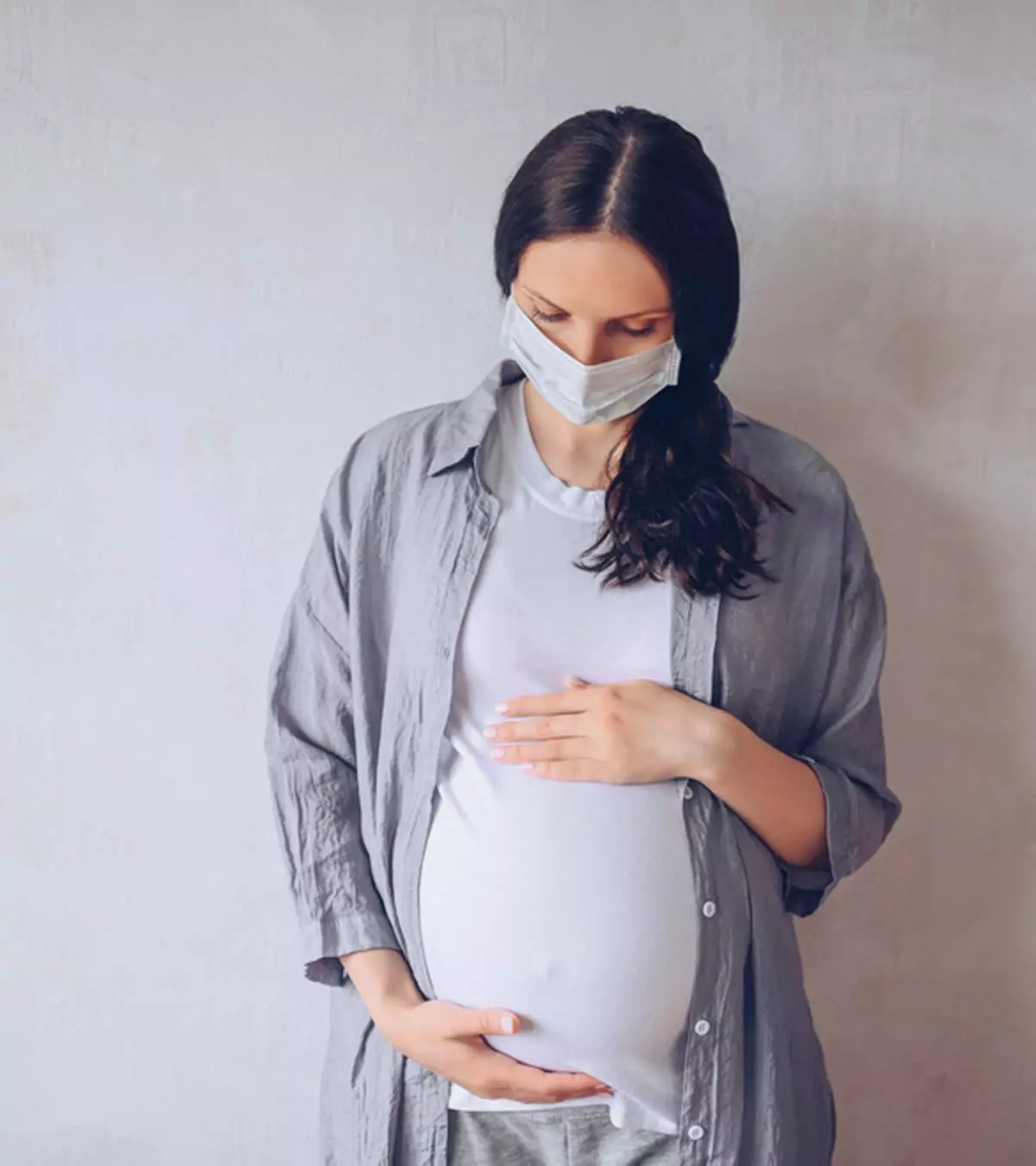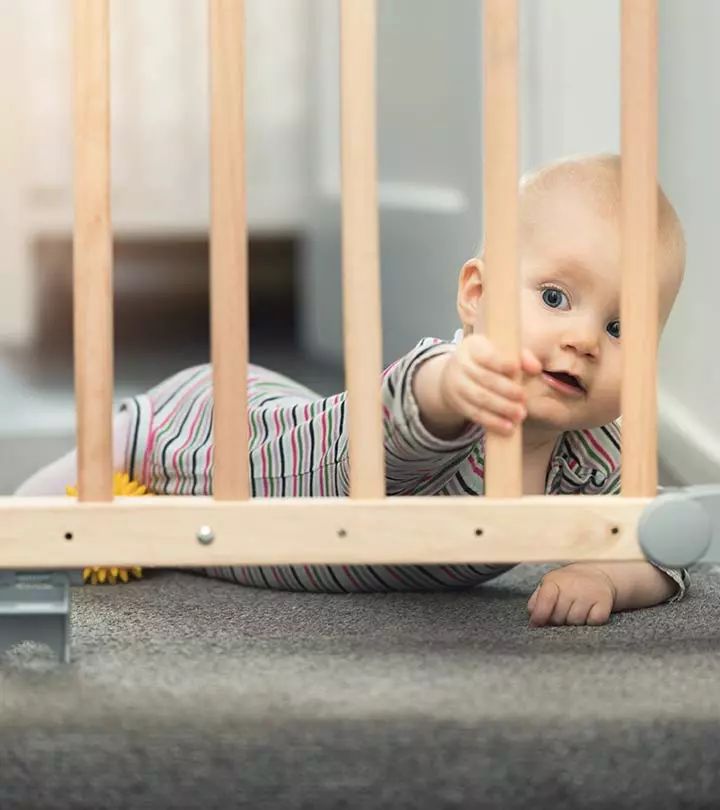
Image: Shutterstock
Infant Protection Day is celebrated on the 7th of November every year to spread awareness about the safety of newborns and infants. Babies need constant care and protection, as they are vulnerable and incapable of protecting themselves. So, as a parent, you need to know what measures to take to ensure your child’s safety.
Medical professionals have concluded that many factors could contribute to infant mortality and Sudden Infant Death Syndrome (SIDS). Making even the slightest change can play a huge role in preventing any tragic incident. Here are a few essential pieces of advice that can come in handy in protecting your child:
1. Always Keep The ABCs Of Protection During Sleep
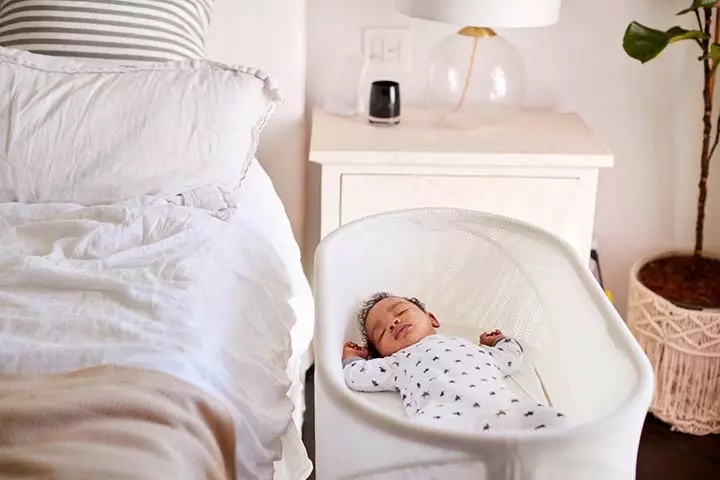
Image: IStock
The ABCs of infant protection are Alone, Back, and Crib. And this is what they mean — “Alone” essentially refers to the fact that your baby is safest when they are sleeping alone, in a crib or bassinet. Babies who sleep with their mothers or caretakers are often at a higher risk of dying from SIDS. The possibility of rolling over your child or suffocating them is much higher when they share the bed with you, so it is best to make them sleep in a space of their own (1).
“Back” refers to the fact that making your baby sleep on their back is the safest option (1). It protects their airways, allows them to breathe freely, and prevents suffocating by rolling over on their sides or stomach.
Finally, “Crib” here means that it is vital to choose the right environment for your baby to be sleeping in, and that includes a crib, bassinet, baby bed, or portable crib. Make sure the mattress is firm and not too soft, as this too can suffocate your baby. No bedding should be on the crib. You must only use a fitted sheet as a blanket. It may help to swaddle your baby when it is too cold but refrain from using quilts and blankets while doing so. Make sure you don’t leave any toys in the crib when your baby is sleeping.
2. Safety Rules In The Car

Image: IStock
When you have to travel by car with your baby, you must follow the basic safety rules, so they are protected:
- Invest in a baby car seat that is suitable for the height and weight of your baby.
- When installing the car seat, make sure it is secure. It should essentially be tightly in place, so much so that it doesn’t move more than an inch (side to side or back and forth) when you tug at it with a bit of force.
- It is best to have your baby seated at the back — even if your baby is on your lap.
- While securing the belts on the car seat, make sure it is snug but not too tight that it suffocates your child.
- Ensure that your child is seated in the middle of the backseat, so you have a better view of them while driving.
3. Be Prepared With The Right Alarms

Image: IStock
You never know when a fire accident or carbon monoxide poisoning can occur, so it is better to be safe than sorry. Install smoke alarms and a carbon monoxide detector in bedrooms and on each floor of your home. Test these alarms regularly to ensure that they are in working condition. Prevention is better than cure!
4. Keep Them Away From Hazardous Objects

Image: IStock
There is a good reason why many objects come with a disclaimer — “keep away from the reach of children”. They may swallow and choke on certain things. Make sure household cleaners are away from their reach too. It is best to keep your baby’s crib away from curtains, ropes, or wires. And lastly, make sure that the toys that your little ones are playing with are made of non-hazardous materials. Toys can break off and small bits and pieces can find their way into your little one’s mouth.
5. Baby-Proof Your Home

Image: Shutterstock
Invest in good baby-proofing items. If your house has a stairway, block it with the help of a baby gate. Similarly, block your child’s entry to the kitchen so they don’t try to make their way inside. Use a water thermometer to check the temperature of the water before bathing your child. Toilet locks and baby-proofing corner guards are a few other items that you can invest in to make your home a safer place for your baby.
6. Protecting Your Child As They Grow

Image: Shutterstock
Protecting your child isn’t a duty limited to infancy alone. Unfortunately, we live in a world that can be dangerous. As your child grows, they may find themselves in hazardous situations, so it is best to have them prepared. Here are a few things you can do that may come in handy:
- Make The Best Of Technology: Get them familiar with digital devices such as watches and phones to track their movement. This way, in case they get lost, they can navigate their way back to safety.
- Talk In Code: Prepare your child with a code word or phrase for the event that they have to be picked up by someone else. For example, tell your child that if someone has been sent to pick them up from school, the said person has to say the word “noddy and friends”, as a code word. This way, your child will know that they are in safe hands.
- Shout When In Trouble: If your child is being taken away forcibly by a stranger, let them know that it is okay for them to misbehave, kick, scream, or cry. Also, tell them to shout and draw attention to themselves. Let them say, “I don’t know him/her” or “They are kidnapping me”.
- Keeping A Safe Distance: Tell your child the importance of maintaining a distance from strangers. Your child is in no way obligated to talk to strangers, and if they do approach them, let them stand at a safe distance of eight to six feet. It is also best to avoid sharing elevators with strangers if they are alone.
- Maintaining Safety Online: The online world can be a scary place, so let your child know not to disclose personal information, refrain from interacting with strangers, and avoid using passwords or disclosing it.
By taking the above precautions, you can protect your baby from most unforeseen events. Whenever possible, particularly in a circle of new mothers, make sure you spread awareness about infant protection, so everyone knows what should be done to keep your baby safe. What are your thoughts on this? Do you have anything more to add? Let us know in the comments below!
References
- Sudden Infant Death Syndrome
https://www.ncbi.nlm.nih.gov/books/NBK560807/
Community Experiences
Join the conversation and become a part of our nurturing community! Share your stories, experiences, and insights to connect with fellow parents.

